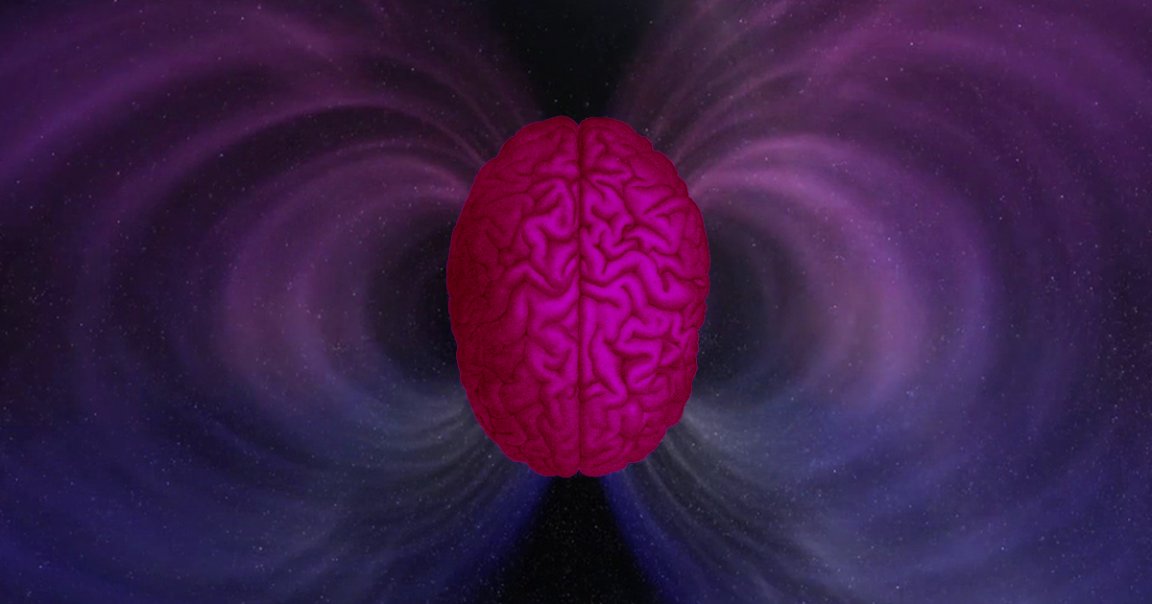
Paging Magneto
Many animals, including certain birds and turtles, can find their way while migrating by sensing the Earth’s magnetic field. But humans never seemed to possess the ability to feel the earth’s magnetism — up until scientists pulled off a new experiment published Monday in the journal eNeuro.
“For the first time in humans, clear responses to magnetic field changes were observed,” Michael Winklhofer, a biologist at Carl von Ossietzsky University of Oldeburg who did not work on the new research told Gizmodo. “Even though the magnetic field was not consciously perceived in the test persons that showed brain responses to the field, the study invites [other scientists] to follow up research to understand the mechanism by which the magnetic field elicits neuronal activity.”
The Worst X-Man
The scientists looked at the brain scans of people in an enclosed room where they generated a shifting magnetic field. As the field changed directions, parts of some participants’ brains’ electrical activity shifted as well.
A major caveat to this research: the participants had no conscious knowledge that their brains were responding to a simulated shift in Earth’s magnetic pole, so scientists don’t yet know whether there are any behavioral or physiological implications to their findings.
“It is one thing to find a subtle change in brain activity in response to a weak magnetic field, and another thing to show that people really detect and use magnetic field information in a meaningful way,” University of North Carolina biologist Kenneth Lohmann, who also did not contribute to the research, told Gizmodo. Lohmann also called the research “fascinating and provocative.”
Magnetic Leftovers
The scientists who conducted the brain scan study suspect that humans capable of this magnetoreception may have some sort of vestigial abilities from our genetic ancestors. This research didn’t answer how it works, but researcher Joseph Kirschvink, a Caltech geophysicist who worked on the study, suspects some brain cells may contain tiny, magnetic crystals.
“Magnetoreception is a normal sensory system in animals, just like vision, hearing, touch, taste, smell, gravity, temperature, and many others,” Krischvink told Gizmodo. “All of these systems have specific cells that detect the photon, sound wave, or whatever, and send signals from them to the brain, as does a microphone or video camera connected to a computer. But without the software in the computer, the microphone or video camera will not work. We are saying that human neurophysiology evolved with a magnetometer — most likely based on magnetite — and the brain has extensive software to process the signals.”
READ MORE: Some Humans Can Sense Earth’s Magnetic Field, Fascinating Experiment Suggests [Gizmodo]
More on brain scans: Scientists Claim to Find “Neurological Signature” of Consciousness